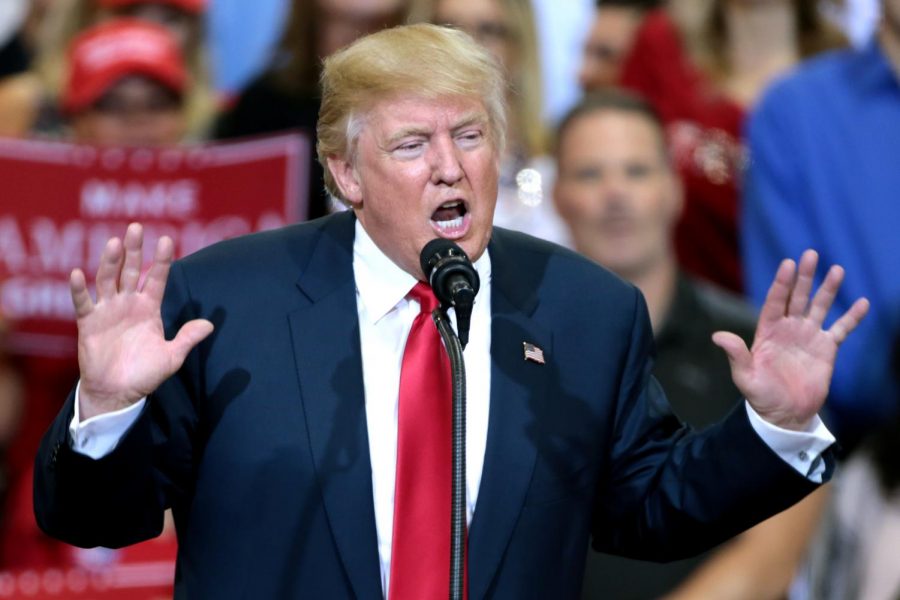The United States of…Emergency?
President Donald J. Trump recently declared a state of “national emergency,” a declaration of which was admittedly in response to only reaching a deal for $1.375 billion to build 55 miles of border fencing, after the longest government shutdown in U.S. history, instead of the full $5.7 billion for the border wall he had demanded from the government.
Mick Mulvaney, acting White House Chief of Staff, stated that the administration has identified about $8 billion in funding, including this week’s congressional budget—to fund the construction of 234 miles of border wall.
Mulvaney stated that the bulk of the re-assigned funds will come from the Defense Department, seizing $2.5 billion intended for counternarcotics activities and $3.6 billion from the Pentagon’s military construction account. The administration also plans to withdraw $600 million from a Treasury Department asset forfeiture account.
But before we as a country can yet again get into the discussion of funding for Trump’s border wall, a wall that will supposedly stop illegal immigration and human drug trafficking coming from the south, we must delve into the legality of the border wall.
By his own admission, Trump’s administration will “have a national emergency and we will then be sued.” While most believe that this may be due to the large Democrat entity within Congress, there is also the matter of the Supreme Court, but not our current one.
Evaluated by the Congressional Review Service, the Supreme Court ruling of the definition of a national emergency in 1934, by majority opinion, was that it must be of “urgency and relative infrequency of occurrence as well as equivalent to a public calamity resulting from fire, flood, or like disaster not reasonably subject to anticipation.”
The key terms in the Supreme Court definition of a national emergency are as follows:
- “Urgency”, importance requiring swift action
- “Relative infrequency”, an instance that does not occur on a regular basis
- “Equivalent to a public calamity”, an amount of damage suddenly caused by an unforeseen event equivalent to a national disaster, along the lines of a major cyclone, flood, or fire. (again not caused by, but equivalent to)
- “Not reasonably subject to anticipation”, an unforeseen occurrence that is sudden and could not be predicted
The president stated that his administration will “possibly get a bad ruling, and then we’ll get another bad ruling, and then we’ll end up at the Supreme Court and hopefully, we’ll get a fair shake.”
If the President truly believes that the Supreme Court will give him a “ fair shake” he should keep in mind that the issues of illegal immigration and drug trafficking are not within the scope of their definition of a National Emergency. In fact, those issues, while they are important to handle and hopefully diffuse, are the exact opposite of a national emergency in every element, meaning that declaring a national emergency in order to fund his border wall is illegal.
Ladies and gentleman, if the President believes that the Supreme Court will give him the “fair shake” he’s looking for, his wall being denied is exactly that…fair.

My name is Brandon Escala, and I am a senior here at Tyrone. I am a 1st-degree black belt. I have plans to attend Penn State to get a degree in psychology...








